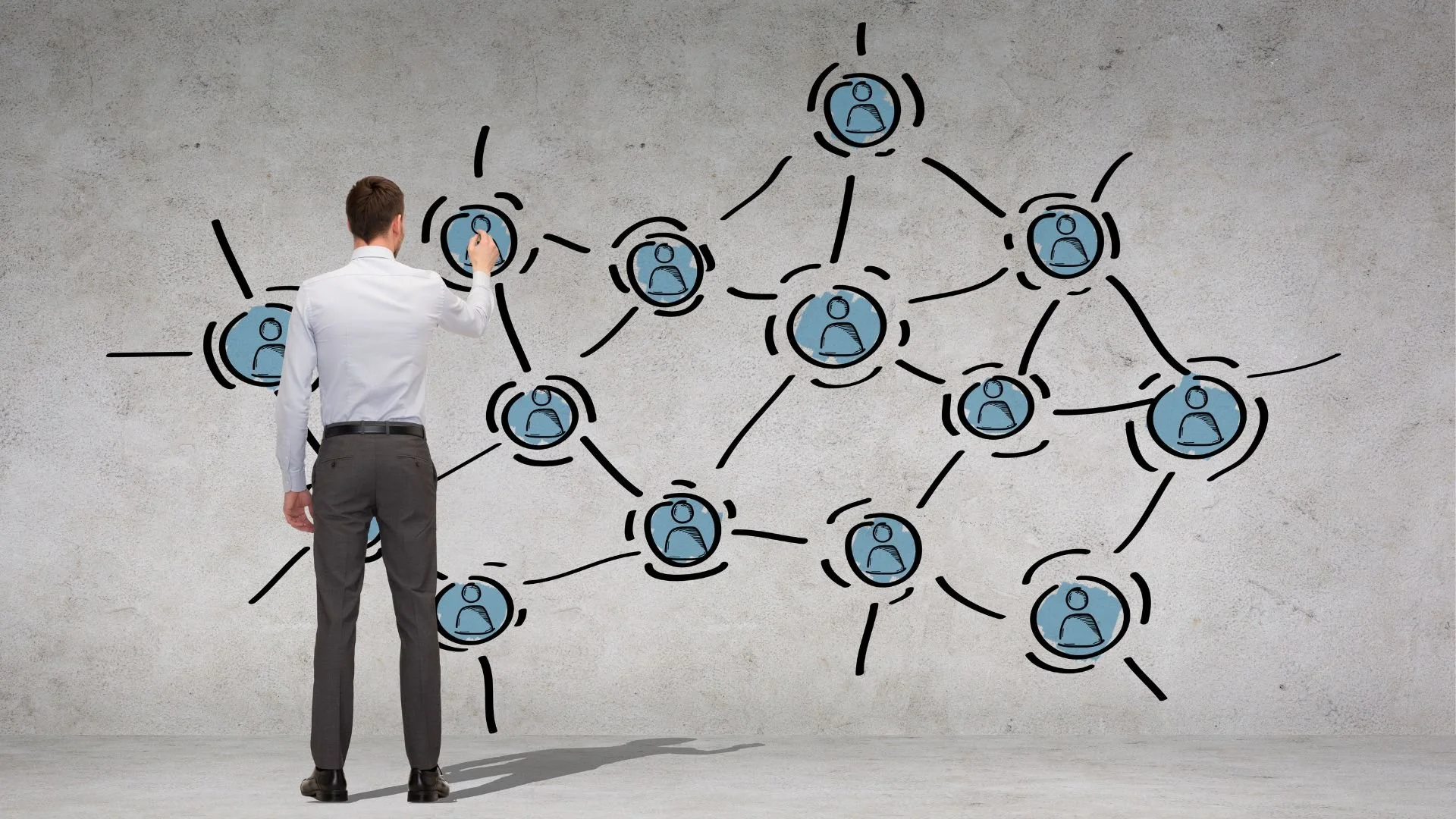Breaking Barriers to Effective Teamwork: Strategies for Leadership and Development Success
Introduction
Effective teamwork is the backbone of any successful organisation. Strong teams drive productivity, innovation, and employee satisfaction. However, common barriers such as lack of effort, poor decision-making, and low creativity can hinder team success.
In this article, we explore the obstacles to effective teamwork and actionable strategies to overcome them—enhancing corporate training, leadership skills development, and team performance.
Key Barriers to Effective Teamwork
1. Loss of Effort: Why Teams Underperform
Studies show that individuals working in teams often exert less effort than when working alone—a phenomenon known as social loafing. This happens when employees feel their contributions are less visible or impactful in a group setting.
Solution: Set clear individual responsibilities within teams to boost accountability and engagement.
2. Poor Decision-Making: When Team Dynamics Work Against You
Even in highly skilled teams, decision-making can be swayed by hierarchy and dominant personalities.
Seniority Bias: Team members may defer to those higher-up, even when their input is flawed.
Dominant Personalities: Those who speak the most tend to have the most influence, which doesn’t always lead to the best outcomes.
Solution: Foster an open communication culture where every voice is valued. Encourage structured decision-making models like brainwriting or anonymous idea submission.
3. The Brainstorming Myth: Why Teams Struggle with Creativity
Contrary to popular belief, teams don’t always generate more ideas than individuals. Studies show that brainstorming in groups often results in fewer, lower-quality ideas due to:
Too Many Voices: Employees hesitate to contribute while waiting for their turn.
Social Comparison: People hold back ideas if they perceive them as less creative.
Solution: Use techniques like nominal group discussions, where individuals first generate ideas independently before sharing them with the team.
Turning Losses into Gains: Building High-Performing Teams
Encourage Task Ownership – When employees understand the importance of their work, motivation and performance increase.
Leverage Task Complexity – Challenging tasks require deeper collaboration, increasing team effort and engagement.
Strengthen Team Identity – Teams with strong identities (team names, uniforms, shared goals) are more productive and cohesive.
Invest in Leadership and Development – Provide corporate training and leadership skills development to enhance decision-making and problem-solving abilities.
Final Thoughts
Leadership isn’t just about managing teams—it’s about optimising teamwork. By addressing barriers and implementing these strategies, organisations can build high-performing teams, drive innovation, and develop the next generation of leaders.
Looking for the best leadership development programmes? Explore how our corporate training solutions can transform your teams!
Ready to elevate your leadership and transform your team's performance? Join our exclusive Executive Leadership Retreat this May for CEOs and senior leaders—designed to refine decision-making, foster innovation, and drive success.




